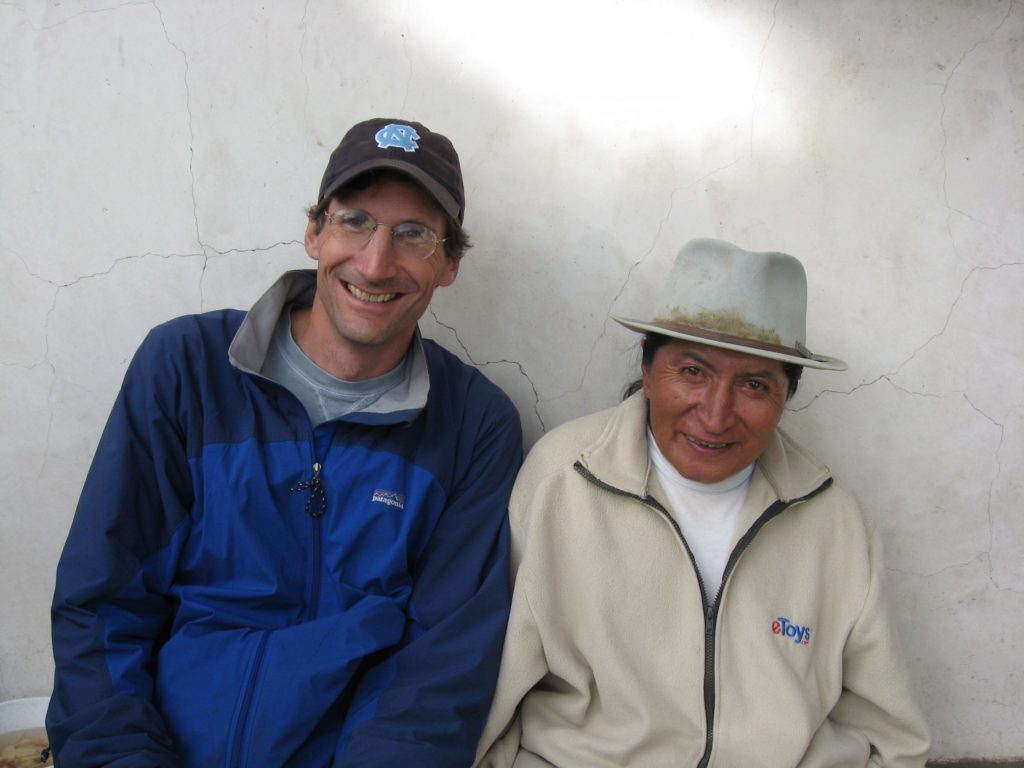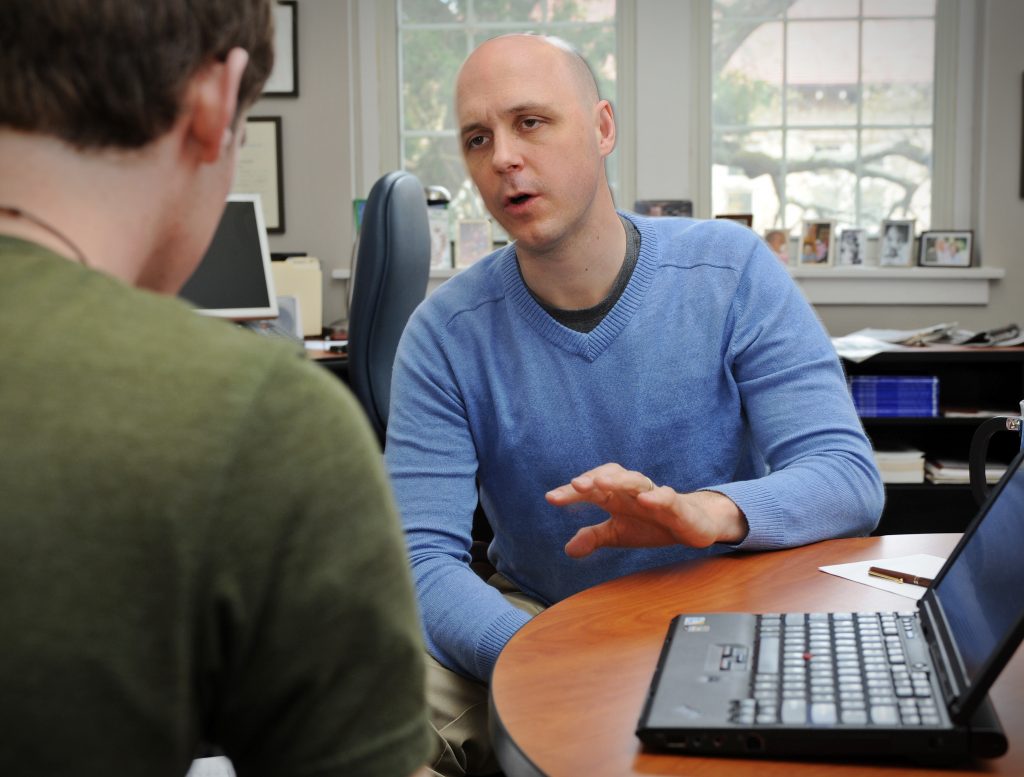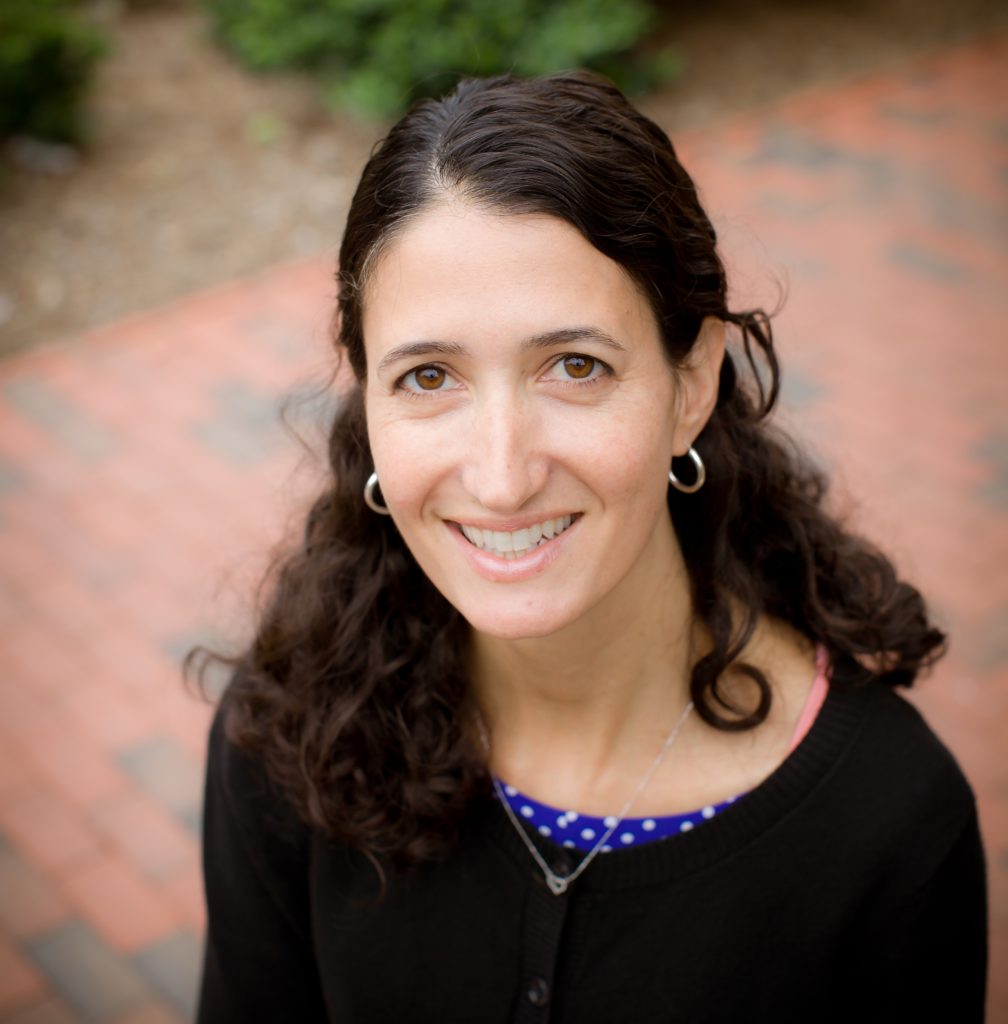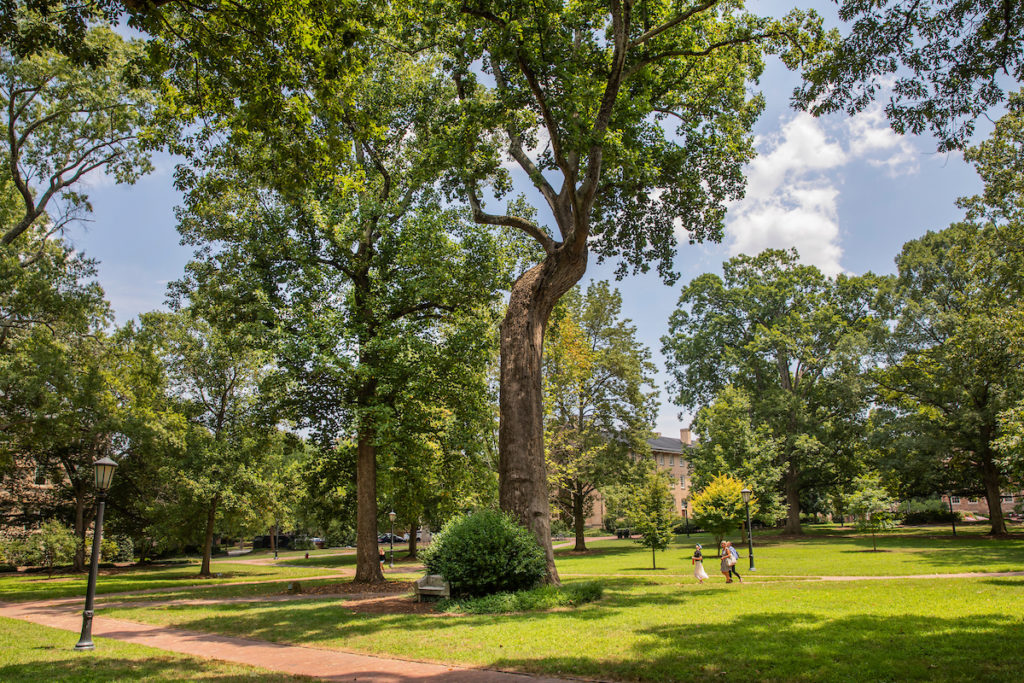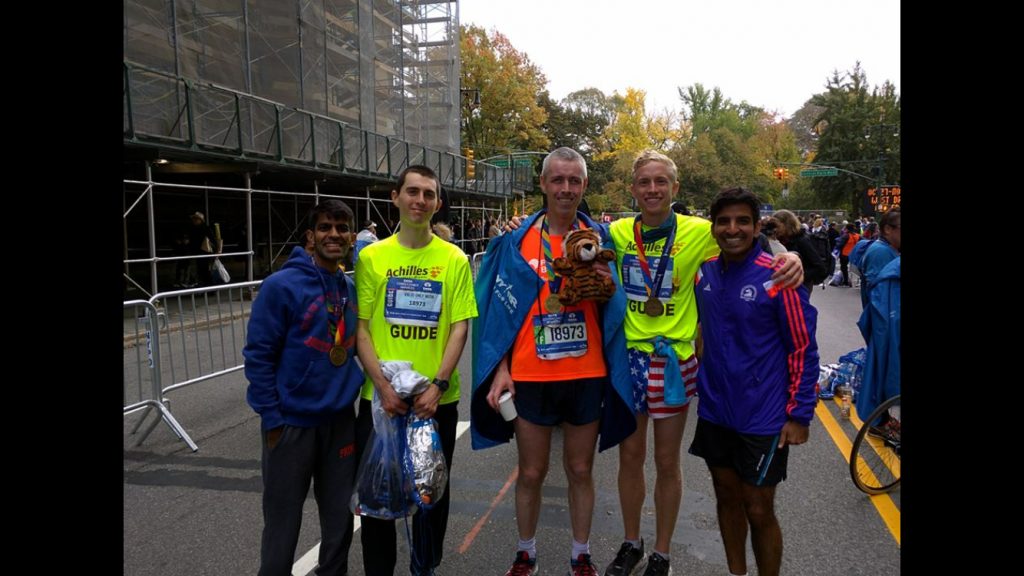
Ethan Lievense, an M.A. ’17 candidate in sport administration in the department of exercise and sport science in UNC’s College of Arts and Sciences guided a 50-year-old blind man from Ireland named Tony Ward in running the New York City Marathon on Nov. 1. Lievense recently shared his experience with us and his interest in helping athletes with disabilities.
Q: How did you get involved in helping Tony Ward run the marathon?
A: I was connected with Tony through an organization called Achilles International. They are based out of New York, and their mission is to enable people with all kinds of disabilities to participate in mainstream athletics in order to promote personal achievement, enhance self-esteem and lower barriers to living a fulfilling life. The amount of support from the millions of fans watching the marathon was jaw-dropping. Thousands, and I mean thousands, of fans screamed in support of Tony. “Go Achilles!” “You rock, Achilles!” When people would hear me shouting that Tony was a blind athlete and they had to move out of the way, some would start clapping and cheering him on as he passed them.
Q: Tell us a little about the marathon and about Tony’s personal goals for running it.
The 26.2 mile race starts on Staten Island and goes through all of the boroughs of New York, including the aforementioned Staten Island, Brooklyn, The Bronx, Manhattan and Queens.
Our “wave” was set to start at 9:50 a.m. Our time goal was 3:15, so we were put with runners who had goals that were similar.
Q: Why did you volunteer for this event, and does this connect at all to what you hope to do with your sport administration degree from UNC?
A: I find helping physically impaired people to be so rewarding. One of my dream jobs would be to work for the United States Paralympics, so getting as much experience and doing as much networking as possible is very important to me. I’m so thankful that I can use my running talents to do some good in this world. It is awe-inspiring to see how much opportunities like these mean to these athletes, and I was very blessed to be able to be a part of it.
Q: Can you tell us more about the logistics of actually running this event with Tony, including the obstacles you faced?
A: In terms of the actual running of the marathon, it takes an incredible amount of teamwork to pull something like this off. With a team of four running with Tony, one person would hold the other end of a tether that was connected to Tony at all times; one person would be in front of Tony, clearing the path of debris, moving runners out of the way (either with my voice or sometimes physically) and setting the pace for the group; another person would be behind Tony making sure no one tried to pass Tony and run through the tether or cut him off; and the last person would gather drinks and nutritious snacks at the water stations to distribute to everyone else on the team.
With a race filled with 55,000 people, this was easier said than done. I was constantly yelling (politely) to people in Tony’s way. At water stations, the path bottlenecked. Runners would always jump in to the middle of the course quickly after grabbing water, and this would make things very difficult.
Q: How did Tony do in the race? How did you both feel at the end?
A: In the end, Tony missed his time goal by a few minutes because he missed the past two to three weeks of training because of an injury, but for the first 18 miles, he was right on pace. Tony was extremely thankful and happy with the effort that our group showed on marathon Sunday, and I was so moved by his effort and the support that his family showed. The TV network from Ireland even came to New York to follow his journey and interview him as well as his guides!
I plan to stay in contact with Tony and hope to visit him in Ireland next summer. He is head of fundraising for an organization called Fighting Blindness. Fighting Blindness is an Irish patient-led medical research charity whose vision is to cure blindness, support people living with sight loss and empower patients.

